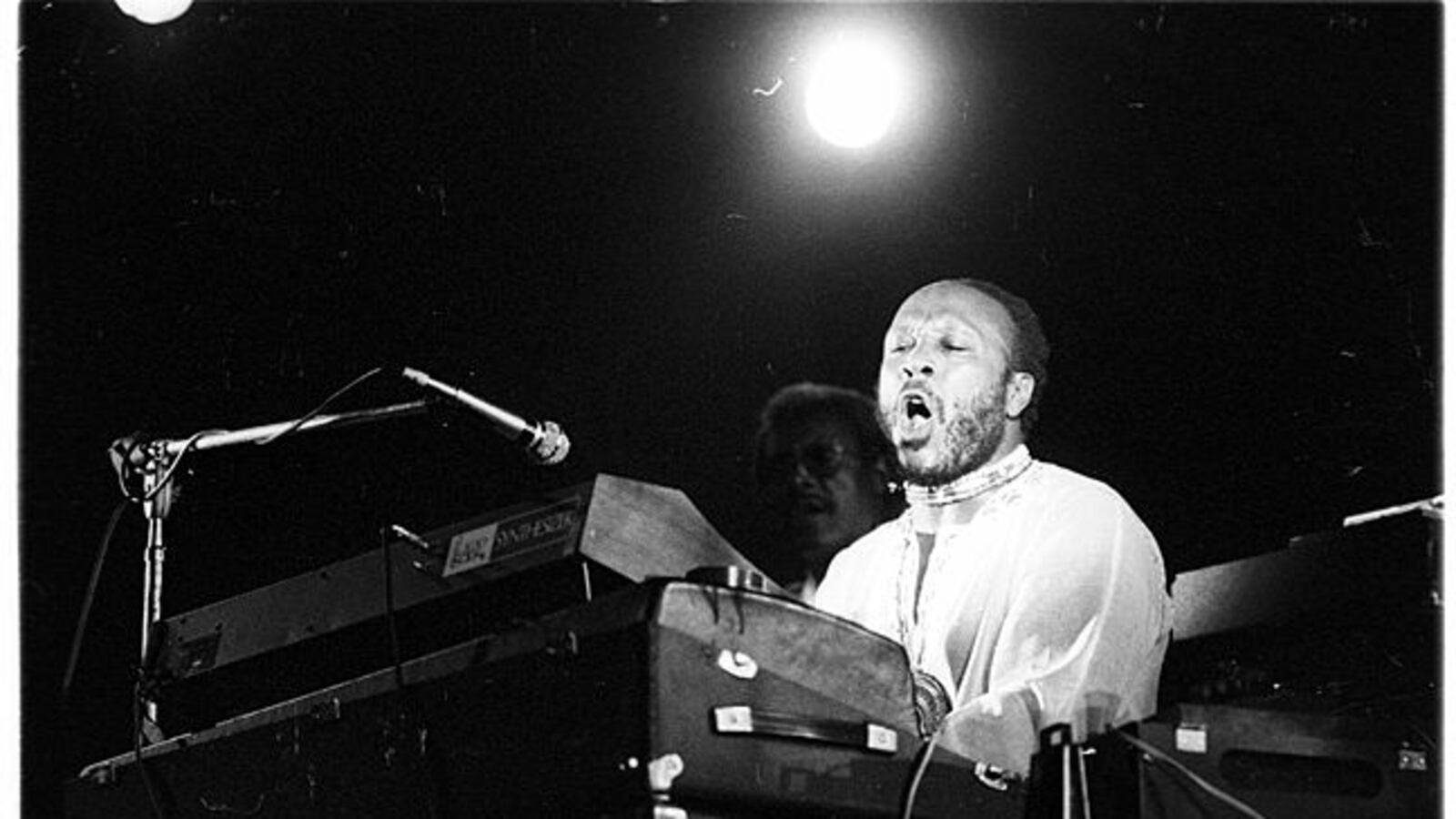One of the great remaining pioneers of modern jazz music, Les McCann—whose songs you’ve almost undoubtedly heard, even if you may not be able to name them offhand—died Friday, Dec. 29 at 88. McCann passed at the Los Angeles hospital where he had been admitted with pneumonia. His death was confirmed Monday by his manager, Alan Abrahams, who had also produced many of McCann’s albums.
McCann was perhaps most famous for his 1969 cover of “Compared to What,” a protest song originally recorded and released by Roberta Flack earlier that year. McCann’s rendition, which is accompanied by saxophonist Eddie Harris, became legendary because of its utterly unique origins. McCann and Harris had been performing separately at Switzerland’s Montreaux Jazz Festival, where they both decided to give an unscheduled performance together. Such is the nature of jazz, all of the best songs are improvisational.

Les McCann performs on stage at Yankee Stadium as part of the Newport Jazz Festival held in New York City on July 08, 1972.
Photo by David Redfern/Redferns/GettyMcCann’s soulful voice and nimble fingers glided over the piano, while Harris’ saxophone and the accompanying percussion filled the room for an undeniable and extraordinary take on the song. It became an instant hit after it was filmed and recorded, later released on McCann and Harris’ joint album, Swiss Movement, a collection of their live material at the festival. Though McCann had already recorded dozens of albums at the time, the song became his biggest hit and solidified his place in the jazz pantheon for all of time. And in the 1996 reissue of Swiss Movement, McCann revealed a long-held secret about the iconic performance, writing in the liner notes: “Just before we went onstage, and for the first time in my life, I smoked some hash.”
That decision was as spontaneous as McCann’s varied life and career. The musician grew up in a musical house in Lexington, Kentucky, joining his five siblings in a local church choir. At 17, McCann joined the Navy and was posted in San Francisco, where he’d spent his off time at jazz clubs, immersing himself in what would eventually become his legacy.
After his time in the Navy, McCann studied journalism and music at Los Angeles City College. McCann put a band together, and was ultimately offered his first recording contract with Pacific Jazz Records, with whom he recorded 12 albums for between 1960 and 1964. McCann later moved to Limelight records and then to Atlantic, the label that he would do some of his most experimental work. McCann helped popularize the use of electronic keyboards in jazz music in the ’70s, before returning to his roots with the piano in the late ’80s and ’90s. But it was his work with the synthesizer and keyboards that would make McCann famous to a new generation, sampled by The Notorious B.I.G. on 1997’s “Ten Crack Commandments,” as well as a wealth of other hip-hop artists like Snoop Dogg and A Tribe Called Quest.
McCann continued to work for most of his life, releasing his most recent album in 2018 and an archival album just last month. He leaves an indisputable legacy, one that can be compared to none.





